Artificial Intelligence (AI) Course in Charlotte, US
(4.5) 1855 ratings.

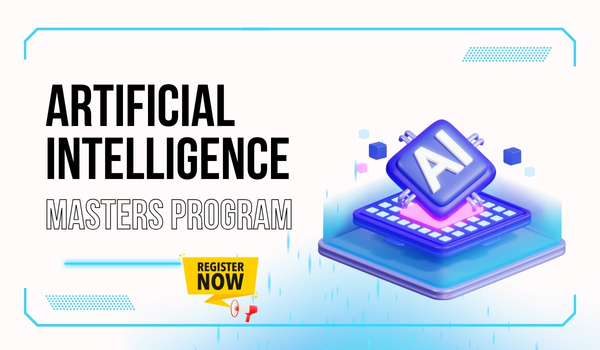
(4.5) 1855 ratings.


Next Batch Starts
Program Duration
Learning Format
GoLogica Academic's Master Program features a structured curriculum, paving the way to Global scope.
GoLogica having a 15+ years of experience on career transforming programs with industrial oriented Skills.
GoLogica Advanced Programs delivers cutting-edge AI Training, offering insights into the latest trends.
GoLogica emphasizes practical learning with exercises, projects to equip you with real world application.

GoLogica based in Charlotte, has developed a complete and up-to-date Artificial Intelligence (AI) course for professionals who want to lead the AI field. The course curriculum incorporates the basic concepts of AI and state-of-the-art techniques, which make the program suitable for working professionals as well as new learners. This program offers you training in all the aspects necessary for designing, installing, and supporting intelligent systems for solving problems.
The training offers a wide range of Artificial Intelligence technologies that include Python programming. Candidates will learn all the basics of Machine Learning such as supervised and unsupervised learning. You will also learn about the algorithms, such as linear regression and Decision Trees, which form the foundation of any AI solution.
The course curriculum also entails Deep Learning and Neural Networks, including CNN and RNN. In the module, you will be able to build models using PyTorch and TensorFlow to perform tasks that include image classification, translation, and speech synthesis. The program mainly focuses on NLP. In this module, you will learn about the procedures for text preprocessing, sentiment analysis, and machine translation as well as the use of NLP in chatbots, voice assistants, and sentiment analysis tools.
The course also features computer vision concepts which will enable you to learn how to process, analyze, and understand data visually. You will learn to design systems that can identify objects and faces and analyze videos, something that is so much sought after in the market now in various industries.
One major characteristic of this program is its very pragmatic approach to learning. You will accomplish projects relevant to various industries, such as healthcare and e-commerce. The pertinent projects include developing artificial intelligence recommendation systems, creating tools for sentiment analysis, and implementing image recognition models. The projects completed during the program will prepare you for the job market immediately, as they teach you the real-life concepts of artificial intelligence. The course also covers the topics of Ethics in AI, Model Deployment, and Scalability so you get a good view of the end-to-end process of creating and launching AI solutions. Expert-led sessions, flexible timetables, one-to-one support, and guidance provided by GoLogica in Charlotte help you to succeed in every aspect of your learning.
On completion of the program, learners will receive the Artificial Intelligence Expert course certificate, an international credential testifying to their mastery of AI solutions. This credential prepares you for the following positions AI, Machine Learning specialist, Data Scientist, and so on. Enroll in the Artificial Intelligence course and step forward to becoming a pioneer in transitioning Artificial Intelligence to a reality.
Python was mainly developed for emphasis on code readability, and its syntax allows programmer to express concepts in fewer lines of code.Python is considered a scripting, language like Ruby or Perl and is often used for creating Web applications and dynamic Web content.
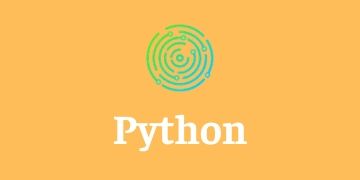
Deep learning is part of a broader family of machine learning methods based on learning data representations, as opposed to task-specific algorithms. Learning can be supervised, semi-supervised or unsupervised. Some representations are loosely based on interpretation of information processing and communication.
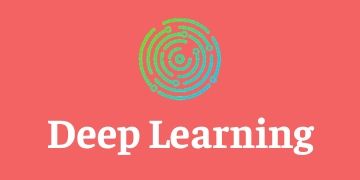
GoLogica is offering an instructor led extensive course on Artificial Intelligence(AI) course. Artificial Intelligence is also called as Machine intelligence. This domain is constantly evolving and many applications are slowly moving towards this platform .
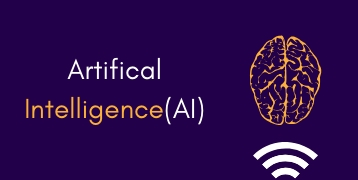
GoLogica training on Machine Learning will provide all the necessary training to become a certified Data Scientist with Proficiency in Python. Learn different algorithms like supervised, unsupervised, and reinforcement algorithms. Get hands-on experience in statistical techniques, ML modules, ML algorithms, focus on deep learning, basics of regression algorithms, SVM and Improving Performance, etc.
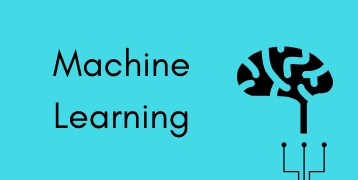
GoLogica provides Data Science with Python Training This course has been designed with a focus on quality and simplicity making it ideal for Beginners or for those looking for a refresher on Data Science with Python. It gives an engaging learning experience covering everything you need to know about Data Science.
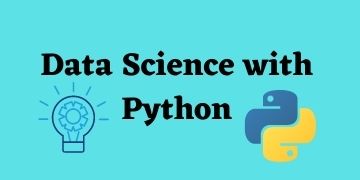
GoLogica provides online lessons to help you get better and advance in your work. Join our Python data science course to learn Python skills, work with data, and get better at stats and machine learning. Make cool pictures too Learn from teachers who know a lot, work on real projects, and grow in the world of data science. Come with us now for a practical learning session.
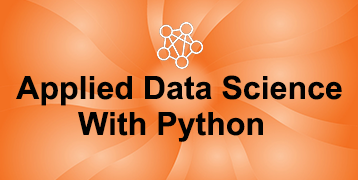


This will help you to better understand the Artificial Intelligence industry.
you will be able to grow your career by broadening your proficiency in Artificial Intelligence Engineer.
With this, the students will be able to decide their careers in the right way.
We Help with face-to-face interaction through mock interviews & Exams

Powered by
Paypal
Debit/Credit
UPI
GoLogica Artificial Intelligence Certification holds accreditation from major global companies worldwide. Upon completion of both theoretical and practical sessions, we offer certification to both freshers and corporate trainees. Our certification on Artificial Intelligence is recognized globally through GoLogica, significantly enhances the value of your resume, opening doors to prominent job positions within leading MNCs. Attainment of this certification is contingent upon the successful completion of our training program and practical projects.
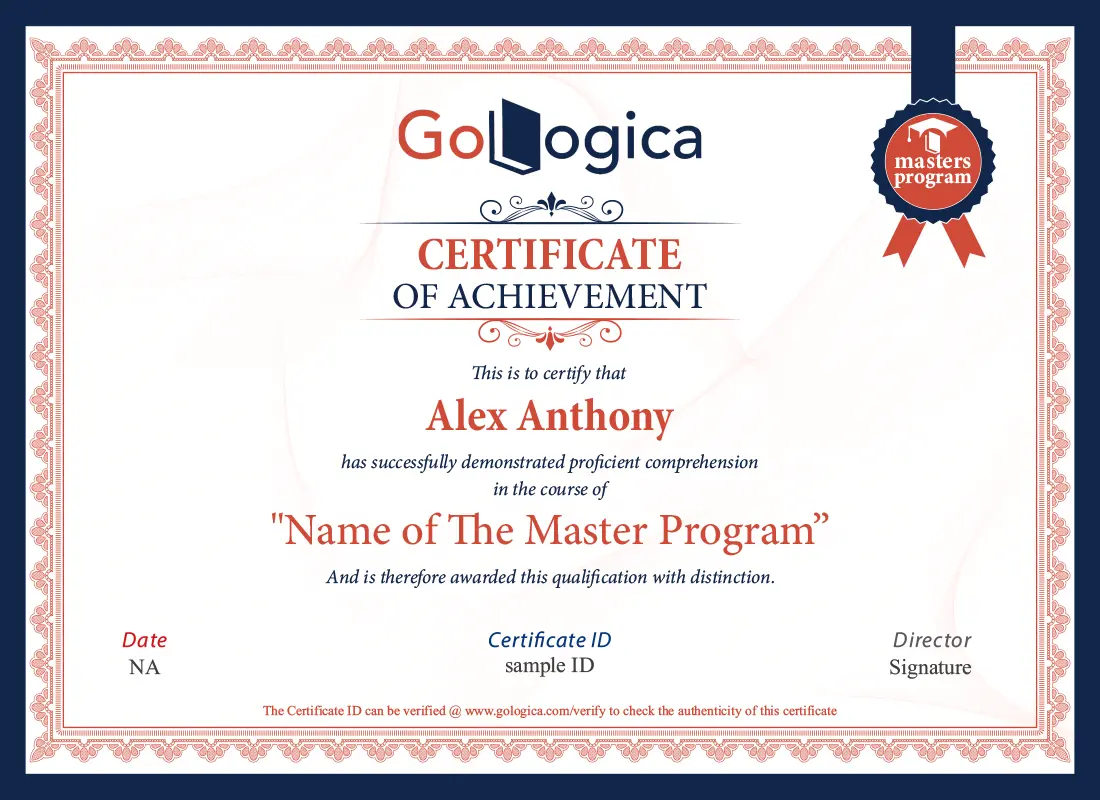
The U.S. Bureau of Labor Statistics forecasts a 42% increase in employment for Artificial Intelligence analysts from 2020 to 2027, significantly outpacing the average for all occupations. Additionally, Artificial Intelligence Ventures predicts 2.4 million unfilled Artificial Intelligence jobs worldwide by 2030.
According to the BLS, Artificial Intelligence professionals are well-compensated. The median annual wage for Artificial Intelligence Specialist was $90,000 to $150,000 PA. It’s depending on factors such as experience, location, and specific job responsibilities.
Are you preparing for a interview? If yes, our expert tutors will help you with this.
Joining NLP courses is not necessary. However, these courses can benefit you in your career as an AI engineer. NLP or natural language processing is a vital subfield of AI, which understands and processes human language. With this course, you will gain specialized knowledge and techniques for developing advanced AI models to understand and generate human knowledge.
It helps you become an expert in artificial intelligence. With this program, you will acquire knowledge and practical skills for understanding and implementing several AI technologies, concepts, and algorithms. The Master’s program includes machine learning, computer vision, natural language processing, deep learning, and many more.
Having knowledge of Python programming and a basic understanding of statistics is essential for students joining this Master’s program. This will help us understand the basic concepts of AI and ML.
This course will help you learn the principles of statistics for Python programming, feature engineering, machine learning, and data visualization. With this, you will learn how to make use of Python libraries such as Scikit-learn, TensorFlow, and Matplotlib. This course will also teach you machine learning techniques such as unsupervised and supervised learning. Also, will help you learn advanced concepts like layers of data, TensorFlow, artificial neural networks, and feature extraction.
It varies depending on the knowledge & experience of an individual in the field. The program is designed for freshers and individuals with a basic knowledge of this field. Thus, it would be good if you have knowledge or background in programming, computer science, and mathematics for better learning experience.
Yes! A graduate degree is needed. It would be good if you have a background in mathematics, computer science, etc. Also, having basic technical skills is enough to join this course.
Design, develop, and implement AI systems & algorithms. An AI engineer has to develop machine learning models, optimize algorithms, and evaluate data for certain tasks. They collaborate with software engineers and data scientists to develop intelligent systems to learn, acclimate, and make decisions.
It provides a comprehensive curriculum to provide students with an in-depth understanding of AI theories, applications, concepts, and algorithms. Once you complete this Master’s program, you will get a detailed understanding of AI. You can make use of this knowledge for developing real-world games, projects, logic restraint satisfaction concerns, prediction models, and many more. Also, will help you learn about the vital aspects of data science.
This course will help you attain a competitive edge over your peers and develop job-ready skills. The classes are taken by top-notch industry experts with rich domain experience. With this course, you will get to know about several AI concepts like computer vision, neural networks, machine learning, deep learning, natural language processing, etc.
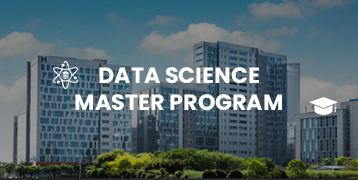
300 learners (5) 6 Months View Program

126 learners (4.7) 6 Months View Program

155 learners (4.7) 6 Months View Program

263 learners (4.8) 6 Months View Program